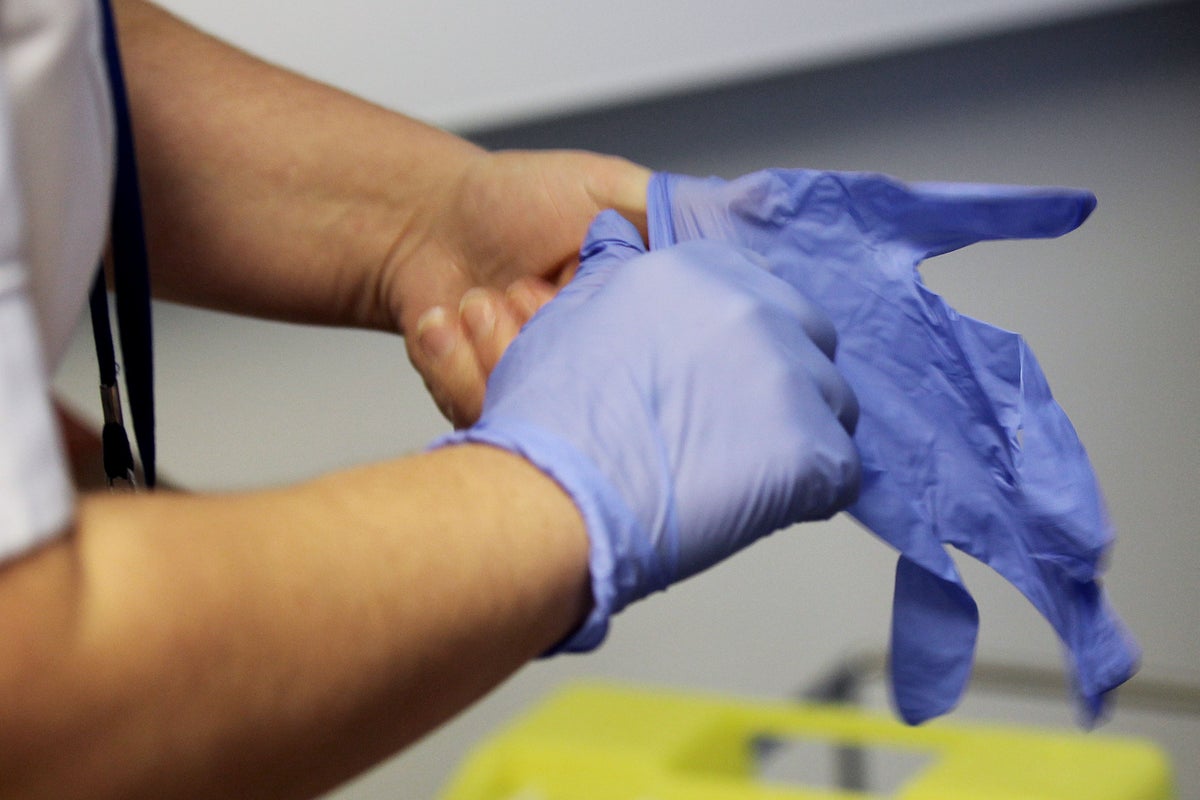
More than two-thirds of people who are administering cosmetic surgery injections such as Botox in the UK are not qualified medical doctors, a new study suggests.
The study is the first survey of who is providing cosmetic injectable services, including botulinum toxin (Botox) and dermal fillers, in the country.
Experts suggest that without knowing the professional backgrounds of practitioners, the industry cannot be properly regulated.
To find out about the background qualifications, training and experience levels of those who were administering treatments, researchers from UCL looked at 3,000 websites.
They identified 1,224 independent clinics and 3,667 practitioners who were delivering cosmetic injections.
Of the professions represented, 32 per cent were doctors, 13 per cent were nurses, 24 per cent were dentists and 8 per cent were dental nurses.
According to the findings, of the 1,163 doctors identified, 41 per cent were on the specialist register and 19 per cent were on the GP register.
The study, published in the Journal of Plastic, Reconstructive & Aesthetic Surgery, found that amongst the 27 specialities represented on the specialist register, plastic surgery was the largest group (37 per cent) followed by dermatology (18 per cent).
Dr David Zargaran, UCL Plastic Surgery, an author of the study, said: “There are well-documented, yet to-date unaddressed challenges in the UK cosmetic injectables market.
“Without knowledge of the professional backgrounds of practitioners, we cannot adequately regulate the industry.
One of the key challenges facing the Government’s licensing scheme is to ensure that practitioners granted a licence possess the skills and experience required to safely administer their treatment to minimise risks to patients— Author Dr David Zargaran
“Our research highlights that the majority of practitioners are not doctors and include other healthcare professionals, as well as non-healthcare professionals such as beauticians.
“The range of backgrounds opens a broader question relating to competence and consent.
“One of the key challenges facing the Government’s licensing scheme is to ensure that practitioners granted a licence possess the skills and experience required to safely administer their treatment to minimise risks to patients.
“It is important for patients to be able to feel comfortable and confident that the person administering their treatment is competent in the procedure as a fundamental foundation of informed consent.
“This research provides a unique insight into the sector to help inform regulators and patients, and work towards a safer and more transparent cosmetic injectables industry in the UK.”
According to the study, the UK injectables market is predicted to reach a value of £11.7bn by 2026, but to date is effectively unregulated.
Our research highlights that the majority of practitioners are not doctors and include other healthcare professionals, as well as non-healthcare professionals such as beauticians— Author Dr David Zargaran
The UK government is preparing to update policy around injectables, and a public consultation on the industry is due to begin in August 2023. Recommendations are expected to inform amendments to the Medical Act in 2024.
Professor Julie Davies, UCL Global Business School for Health, a co-author of the study, said: “The UK cosmetic injectables industry has expanded rapidly in recent years. This has happened largely without scrutiny or oversight.
“Our findings should be a wake-up call for legislators to implement effective regulation and professional standards to safeguard patients from complications.
“Although the risks associated with injections are often mild and temporary, the physical complications can be permanent and debilitating.
“There are also serious psychological, emotional, and financial consequences for patients when procedures go wrong.”
As well as the professional background of those providing cosmetic injections, until recently there has been little research on the incidence of complications and the impact that these have upon patients.
A second study from the same authors, published on 3 July, found that 69 per cent of people who responded to the study had experienced long-lasting adverse effects, such as pain, anxiety and headache.







